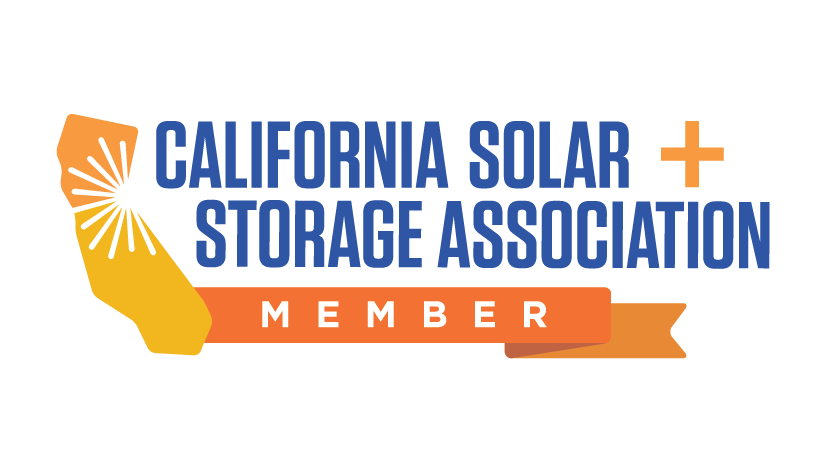The solar market is ultra-competitive. As someone in the market for a residential or commercial solar system, you are aware of how many companies there are. You also surely have seen difference in how people sell, put together a proposal, and proclaim their company is “The Best” company around. Luckily, there are a lot of great local solar companies. Unfortunately, there are also a lot of shady solar companies. And then there are the companies that have great intention but lack the actual skill and knowledge to install your system correctly. Here we want you to understand why local solar companies will benefit you in the end.
How Solar Works
Solar is a science that has not changed much over the last decade or two. The basic gist is that the solar photovoltaic (solar panel system) technology converts sunlight directly into electricity. The inverter converts the electricity to A/C current, which is electricity your home can use to power appliances, lights, etc. When your residential solar system produces more electricity than your home can use, the energy is stored in the utility grid.
Why the Grid is SO Important

Photo Credit: Center for the study of Presidency and Congress
Being connected to the utility grid is extremely important for both residential and commercial solar systems. Solar pv systems do an exceptional job of converting the sun’s UV rays into electricity. The inverter system does an awesome job of converting the electricity made in your panels, which is DC, to AC, so your home can use the electricity. But, that is all the solar system can do.
Most residential and commercial solar systems are dependent on the utility grid for energy storage. Extra electricity is commonly produced by solar panels. This interconnection, between your solar system and the utility grid, means the energy isn’t wasted and can be consumed at another time. In fact, in California, it is illegal to have a solar system “off-grid.” If you are not connected, you are not benefiting from your solar system at all.
Why Local Matters

Photo Credit: Co-Op Voice
During the last several months, our company has been contacted numerous times to “help out” solar companies that come from other states and municipalities to help them with the ‘interconnection’ process. Why? They do not know the laws, regulations or processes that outline how a solar system is connected to the utility grid.
The interconnection process is the process in which your solar pv system is connected to the local utility grid. In our case, that is PG&E. Interconnection is a highly regulated process that takes time, skill and knowledge. A deficiency in any of those means you might have a beautiful array of panels on your home that cannot be turned on.
Working with a local solar company that understands how to maneuver the legal interconnection process is incredibly important. If you are not connected, your solar is obsolete. Most solar consumers do not spend thousands of dollars for a solar system they cannot use.
Shop Smartly
We preach “Shop Local” constantly. This is one of the important reasons why we do. We will go in and help other solar companies connect you to the grid. However, it is expensive and timely. Often, we find electrical works is not to code or panels are not set to code. That means not only are you paying for another company to connect your system, you are paying for them to rebuild and re-install your newly purchased system. And it also means that there may be many months between getting your panels installed and you being able to take advantage of a sun-powered home.
Work with a local, licensed and fully insured solar company to ensure that your panels are installed to code and your system is actually set up to be connected to the utility grid. Your solar system is an investment. Ensure you are working with local solar company that allows you to benefit from it. Local is always best when it comes to solar installers. Especially when you want your solar system connected to the grid.
Learn about our Give Green & Get Some Green Program where you receive $500-$750
Here are some articles you may find helpful:
Top 10 Questions You Should Ask Any Solar Company
What are my Solar Finance Options?
Why are Solar Mounting and Racking Systems So Important
Do Solar Panels Add Value to My Home?



Leave a Reply